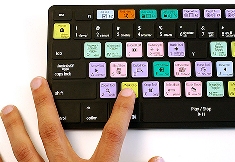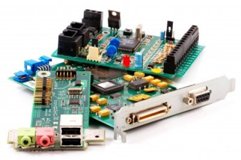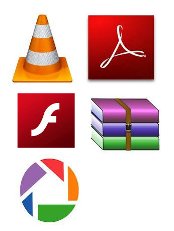
| Web Pages by Students |
ABC of C Language by Shailender Sharma |
Bootable Pen Drive by Avtar Singh |
e-Trash or e-Treasure? by Pallavi Bagga |
Lakshya by Rabina Bagga |
OOPs Concepts by Navjot Kaur |
Fitness First by Ankush Rathore |
Information Systems by Kajal Gupta |
Quiz Contest in C++ by Rajnish Kumar |
Core Java (Tutorial) by Shyena |
C Language Q&A by Anmol Sharma |
HTML 5 Tutorial by Kishan Verma |
When you Delete a file, it isn’t really erased – it continues existing on your hard drive, even after you empty it from the Recycle Bin. This allows you (and other people) to recover files you’ve deleted.
If you’re not careful, this will also allow other people to recover your confidential files, even if you think you’ve deleted them. This is a particularly important concern when you’re disposing of a computer or hard drive.

What Happens When You Delete a File
Windows (and other operating systems) keep track of where files are on a hard drive through “Pointers.” Each file and folder on your hard disk has a pointer that tells Windows where the file’s data begins and ends.
When you delete a file, Windows removes the pointer and marks the sectors containing the file’s data as available. From the file system’s point of view, the file is no longer present on your hard drive and the sectors containing its data are considered free space.
However, until Windows actually writes new data over the sectors containing the contents of the file, the file is still recoverable. A file recovery program can scan a hard drive for these deleted files and restore them. If the file has been partially overwritten, the file recovery program can only recover part of the data.









